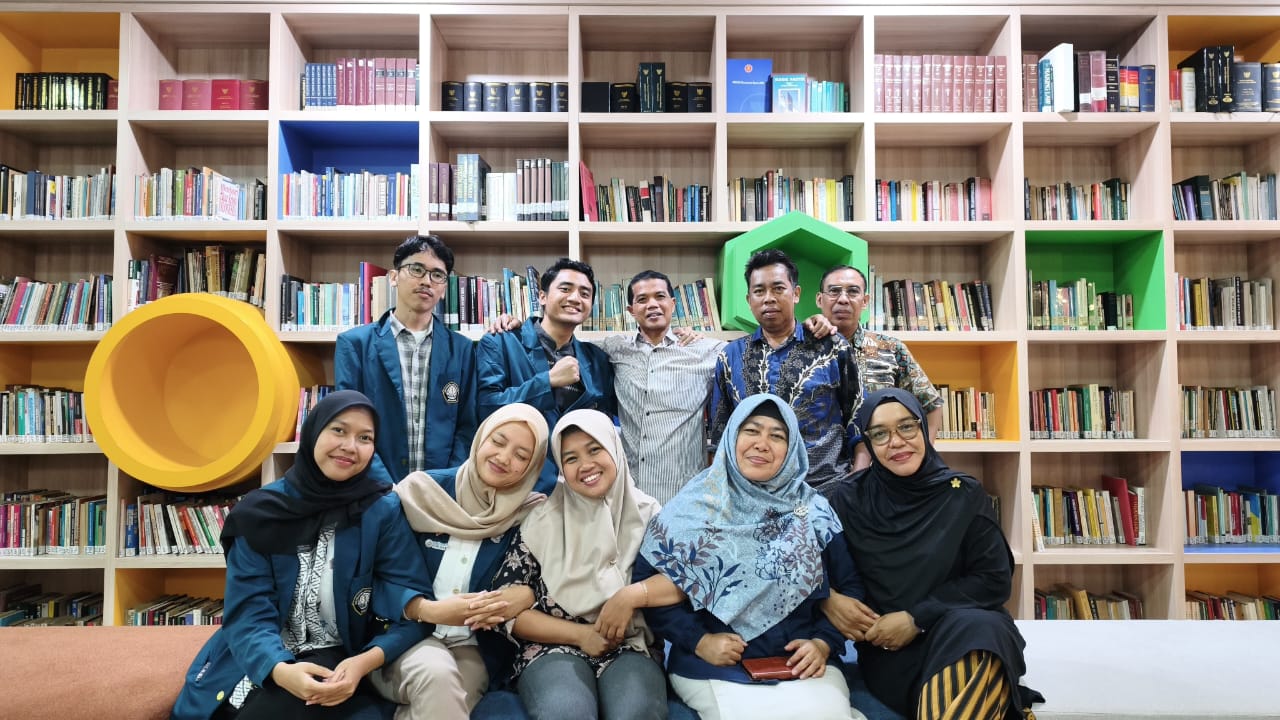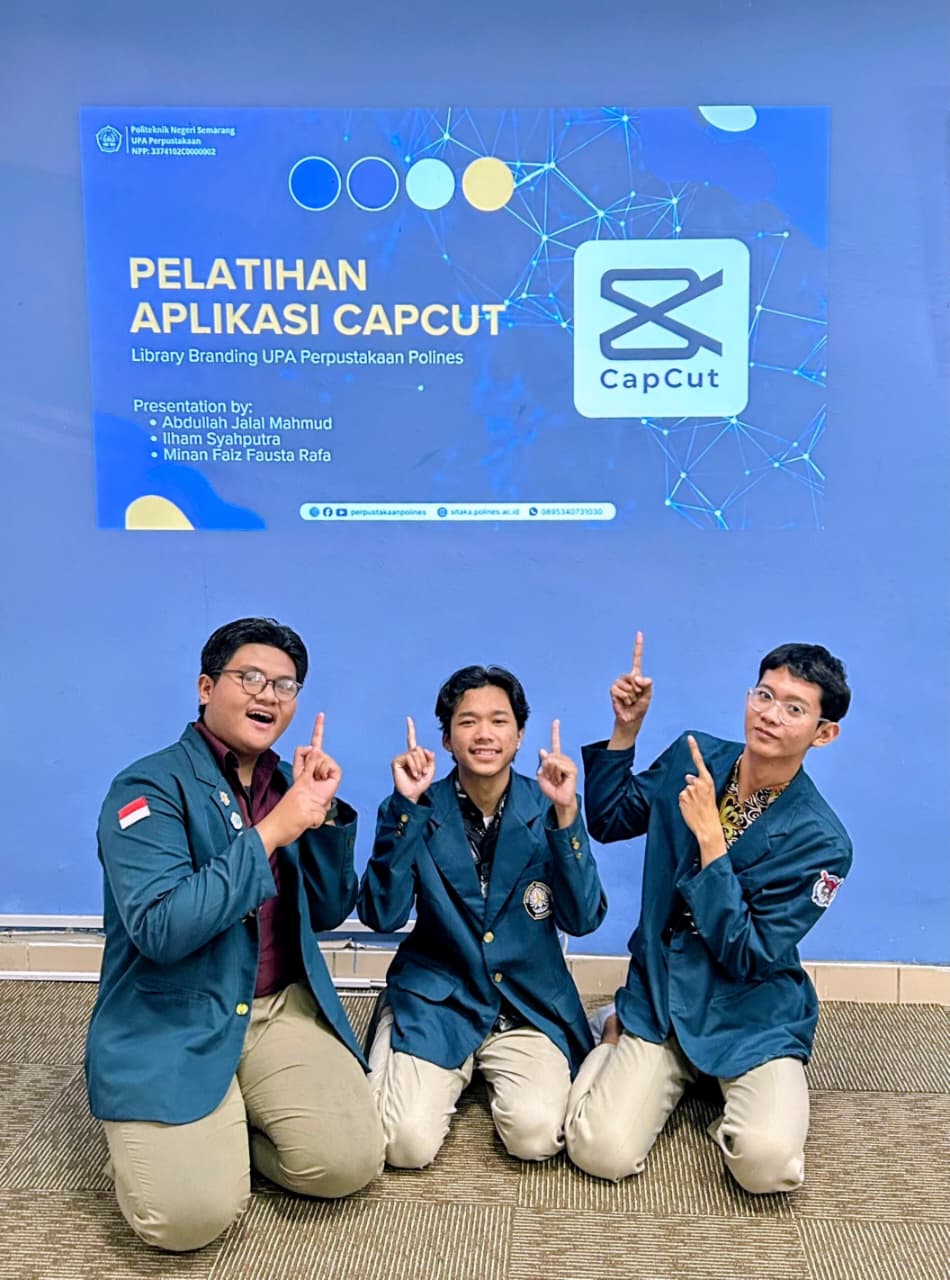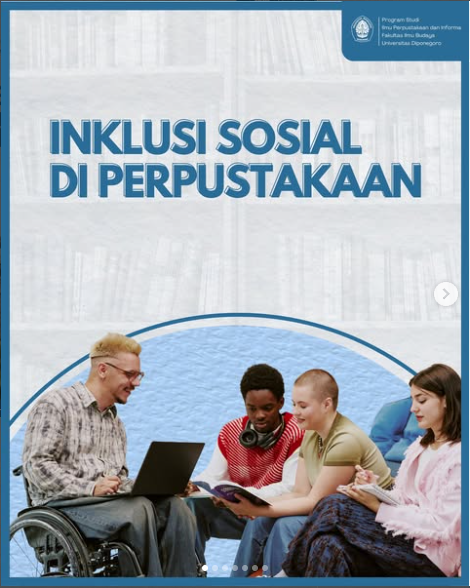
Undip Library Science Study Program held a public lecture via Zoom platform on Tuesday (7/ 9/ 2021) to celebrate the 16th anniversary of the Library Science Study Program, Diponegoro University. Carrying the theme “Praktik Literasi pada Anak dan Remaja”, this general lecture was presented by Dr. Yona Primadesi, M. Hum. who is now an active lecturer at Padang State University and literacy practitioner. This public lecture was opened to the public and attended by more than 300 participants. Students joined the discussion with high enthusiasm and delivered many questions about the child and literature. This public lecture achieves success in taking the audience into exploring the importance of equipping children through the world of literacy.

Basically, the practice of literacy has been around for more than a decade. Literacy is useful for social practice and will continue to develop along with the development of a society. In the world of library science, the literacy concept is developing together with the concept of user education. Literacy is not only a matter of reading and writing but also involving how to produce products and services from emerging skills. When talking about the urgency of literacy in children, literacy is a debriefing process that will determine how their development will be in the future. “That’s why we need to give special attention to children, including in the library,” said Dr. Yona Primadesi.

To help children to be literate children and active readers, parents must be able to understand children’s interest in literature. “Primary school-age children are prioritized for imagination, creativity, and independence in logical thinking so in providing literature they must consider this,” said Dr. Yona Primadesi. As librarians too, we are not only responsible for developing children’s reading interest and reading ability, but also responsible for developing children’s literacy skills. Children must be able to understand, reflect, and use the results of their reading to solve the problems of their life. “Don’t just demand that children read a lot but we don’t understand what children should do after reading,” she said. In children’s literacy process, there are few things that must be considered in the form of providing access to all reading opportunities for children, acknowledging the achievements that children have made, interacting to create children as active readers, and giving examples to children so that in the end, they are able to find, understand, evaluate, and reflect on the information they get.

At the end of the event, an interesting question arose from one of the participants asking about the strategy to build effective communication with children. Dr. Yona commented that persuasive communication needs to be carried out over a long period of time. Parents need to find the most appropriate communication time with their kids, children’s time of readiness to learn, and the ways kids learn. In the end, the approach to children must be a continuous process.




